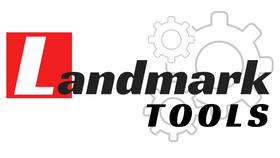Ordered several weeks ago and I have not received my order
14 days ago I placed this order and it still has never shipped . I want answers and I want the tool I purchased asap. The company made a shipping label and that is all. Not pleased !! $1500 investment and now I’m behind on jobs because of it .
HAS NOT SHOWED UP .
L
BE 85.600.125S-02 Stainless Steel Cart - Large Frame (over 225CC) - Frame Only (Handle Assembly) I thought I was buying a complete cart as pictured in ad. I was disappointed when it arrived. Getting ready to send it back.








